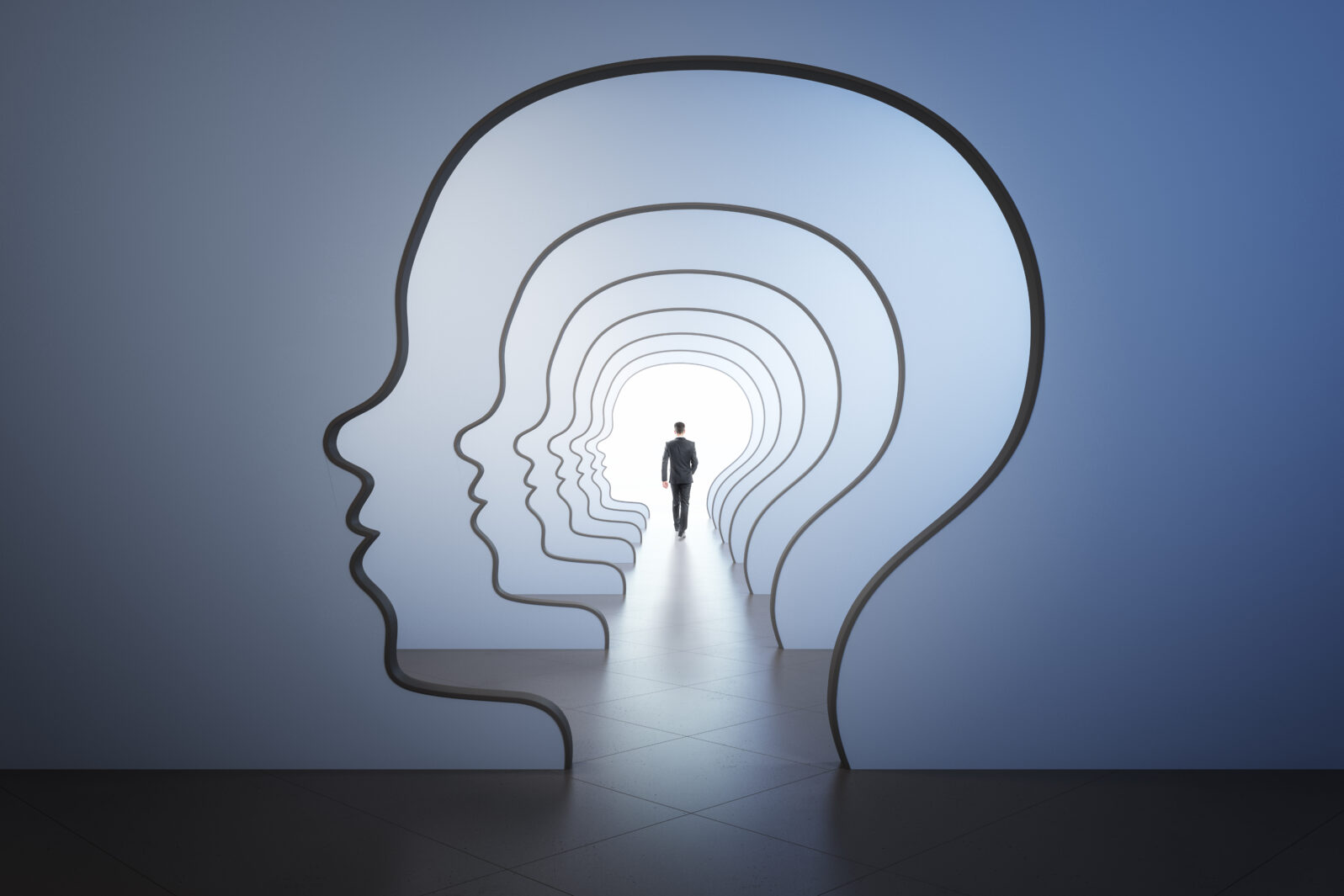Was Darwinian Philosopher Daniel Dennett the End of an Era?
Dennett’s image of the human mind as a user-illusion was very fashionable but it never made any senseThe death of Daniel Dennett on April 19, brought out the conventional tributes but also some thoughtful reflections. Dennett (1942–2024) argued in books like Consciousness Explained (Little Brown 1991) and Darwin’s Dangerous Idea. (Simon &Schuster 1995) that our minds, like our bodies, are simply the products of millions of years of Darwinian evolution.

Science writer Dan Falk offers ten 10 “brilliant insights” from Dennett at Nautilus, including the idea that our minds are user illusions:
The mind is a “user-illusion” that we mistake for reality And what is this self? Not a dedicated portion of neural circuitry but rather like the end-user of an operating system. … Curiously, then, our first-person point of view of our own minds is not so different from our second-person point of view of others’ minds: We don’t see, or hear, or feel, the complicated neural machinery churning away in our brains but have to settle for an interpreted, digested version, a user-illusion that is so familiar to us that we take it not just for reality but also for the most indubitable and intimately known reality of all. That’s what it is like to be us…
Dan Falk, “10 Brilliant Insights from Daniel Dennett,” Nautilus, May 1, 2024
An obvious problem with Dennett’s materialist image of the mind is that an illusion presupposes the existence of an actual mind that is subject to the illusion. So we have gone to an interesting place but are back where we started.
John Horgan, another well-known science writer, picks up on this problem:
Trouble arises when Dennett, extending the computer-interface analogy, calls consciousness a “user-illusion.” I italicize illusion, because so much confusion flows from Dennett’s use of that term. An illusion is a false perception. Our thoughts are representations of our brain/minds and of the world, but that doesn’t make them necessarily false…
What if I am psychotic, or living in a simulation created by evil robots, and all my thoughts are illusions? To say my consciousness is therefore an illusion would be to conflate consciousness with its contents. That’s like saying a book doesn’t exist if it depicts non-existent things. And yet that is what Dennett seems to suggest.
John Horgan, “Consciousness and the Dennett Paradox,” RealClearScience, April 22, 2024
Horgan prefaces these comments with, “Daniel Dennett’s death feels like the end of an era, the era of ultra-materialist, ultra-Darwinian, swaggering, know-it-all scientism. ” He’s probably right.

How much of the prestige that philosophers like Dennett enjoyed and others still enjoy is not due to the soundness of their ideas but to the way they cater to intellectual prejudices like materialism and, at times, attempt to suppress alternatives?
Despite the title of one of Dennett’s books above, consciousness has never been “explained.” Far from it, last September leading neuroscientist Christof Koch lost a 25-year bet to Dennett’s nemesis, philosopher David Chalmers. In all that time, Koch did not find the physical signature of consciousness that he sought in the brain — but he did find himself the target of many angry neuroscientists, perhaps in part as a result of the publicity created by his losing the bet.
Not only is human neuroscience not particularly supportive of materialism, it is also not supportive of Darwinism. The human mind, in terms of reason and free will, has no history. It appears without apparent ancestors. Eventually, facts like these must be reckoned with, if not by the current generation of philosophers, perhaps by a subsequent one.
A revealing episode
Design theorist William Dembski, remembering Dennett last month, captured the world in which Dennett lived in an anecdote. Dembski was editing an anthology and he wanted to reprint letters that Richard Dawkins and Dennett had written in response to philosopher David Berlinski’s The Deniable Darwin (Commentary 1996). But Dawkins and Dennett refused to let him reprint their letters in Uncommon Dissent: Intellectuals Who Find Darwinism Unconvincing (ISI 2004):
I asked them to reconsider, but they refused again. Finally, I decided that the anthology would be richer if, even without their actual letters, the substance of what was in those letters were reprinted. I therefore paraphrased the letters and sent my paraphrase to Dawkins and Dennett to ask whether they thought I had represented their original letters accurately.
Instantly both got back and gave me permission to reprint their letters, preferring their words to mine. There’s no doubt a lesson here: we prefer our own words to those of others who would speak for us.
William Dembski, “Farewell to Daniel Dennett,” Evolution News, April 19, 2024
It will be interesting to see who assumes Dennett’s role as the leading, world-famous Darwinian materialist philosopher. Or will the position remain — tellingly — vacant, as Horgan seems to imply?
Watch for The Human Soul: A neurosurgeon’s case for immortality by Michael Egnor and Denyse O’Leary (Worthy, June 2025).
